
News

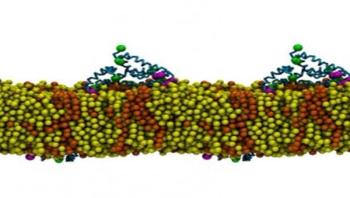
New research from the University of Southampton has identified how changes in the cell membrane play a pivotal role in how the hepatitis C virus replicates. By understanding this process, the researchers hope to investigate how to prevent the changes and potentially develop therapeutic drugs to combat the hepatitis C virus (HCV), which infects an estimated 170 million people globally.


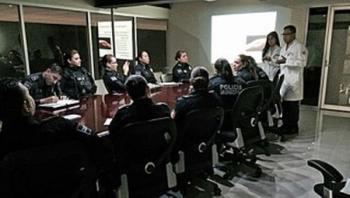
Research consistently shows that policing practices, such as confiscating or breaking needles, are key factors in the HIV epidemic among persons who inject drugs. Police officers themselves are also at risk of acquiring HIV or viral hepatitis if they experience needlestick injuries on the job - a significant source of anxiety and staff turnover.


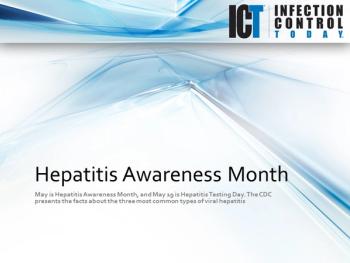
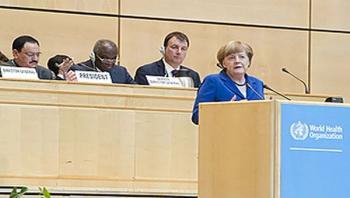
Angela Merkel, chancellor of the Federal Republic of Germany, addressed delegates on the first morning of the 68th World Health Assembly, convened at World Health Organization (WHO) headquarters in Geneva. "The WHO is the only international organization that has universal political legitimacy on global health issues,” she says.

Nanoengineers at the University of California, San Diego developed a gel filled with toxin-absorbing nanosponges that could lead to an effective treatment for skin and wound infections caused by methicillin-resistant Staphylococcus aureus (MRSA). This "nanosponge-hydrogel" minimized the growth of skin lesions on mice infected with MRSA - without the use of antibiotics. The researchers recently published their findings online in Advanced Materials.
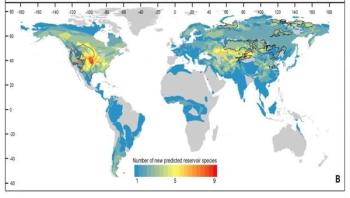
Machine learning can pinpoint rodent species that harbor diseases and geographic hotspots vulnerable to new parasites and pathogens. So reports a new study in the Proceedings of the National Academy of Sciences led by Barbara A. Han, a disease ecologist at the Cary Institute of Ecosystem Studies.


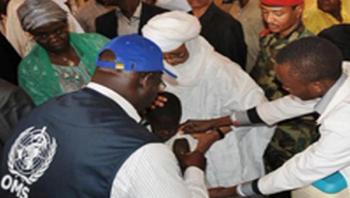









With the new landscape of managed care, it is vital for hospitals and medical centers to enhance their efficiencies. With the modernization of computer software systems designed for healthcare, there is an opportunity for improvements. The Conflict Schedule Checker (CSC) is available in most OR scheduling systems. Healthcare organizations may or may not be aware of this capability and its functionality to surgical instrument management.

This new column, SPD Dialogue, will respond to questions asked by sterile processing professionals. We hope you find this dialogue helpful and informative.Q: My loaner representative wants to wash his instruments in my department. I think this would be a great help to my SPD. Should I permit this?

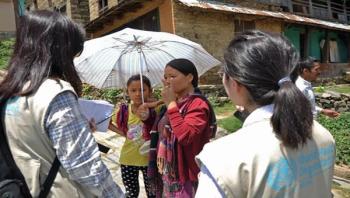
Every morning since the first of two recent earthquakes struck Nepal on April 25, Dr. Sharmila Shrestha and researcher Sanjita Thapa have made the hour-long journey from Kathmandu to Kavrepulanchok, a district east of Kathmandu valley, with one goal in mind – to protect people against disease outbreaks. Following the buckled Araniko Highway toward the hilltop town of Dhulikhel, the district headquarters, the pair pick up Chief District Health Officer Rajendra Prasad Shaha before arriving at the district health office for their morning meeting.


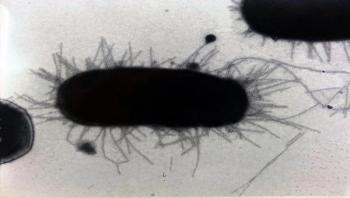
The recent discovery of a novel antibody that works in an unusual way might inspire ideas for designing more effective vaccines. Among the common pathogens that could be targeted are urinary-tract infecting strains of E. coli. The antibody appears to have properties that might keep bacteria from adhering to human cell surfaces and also dislodge those already attached.